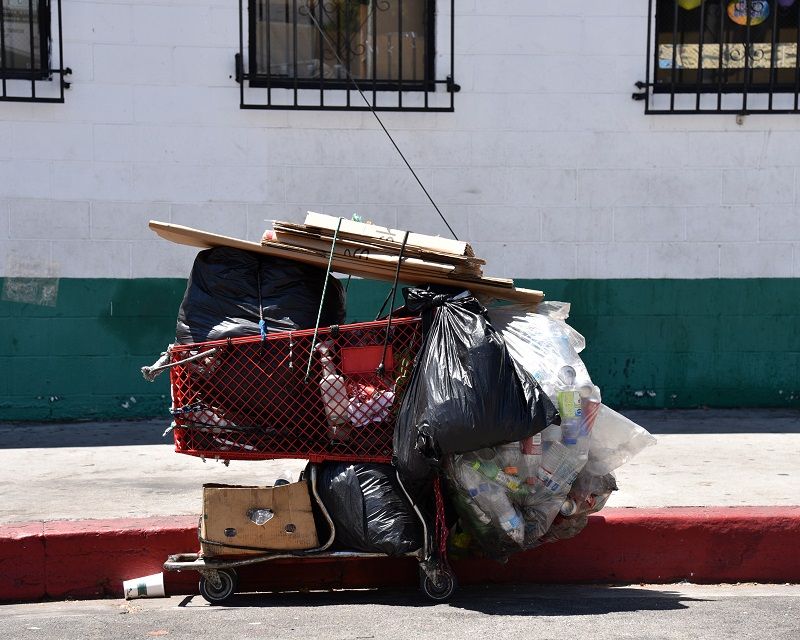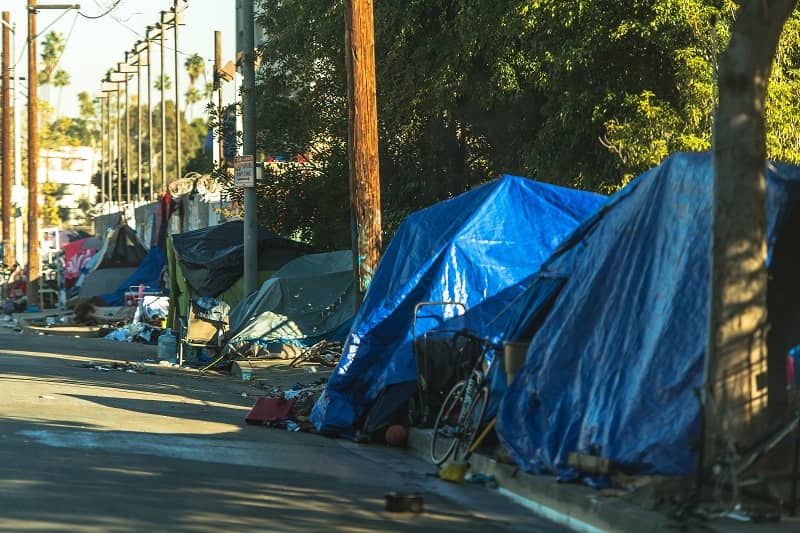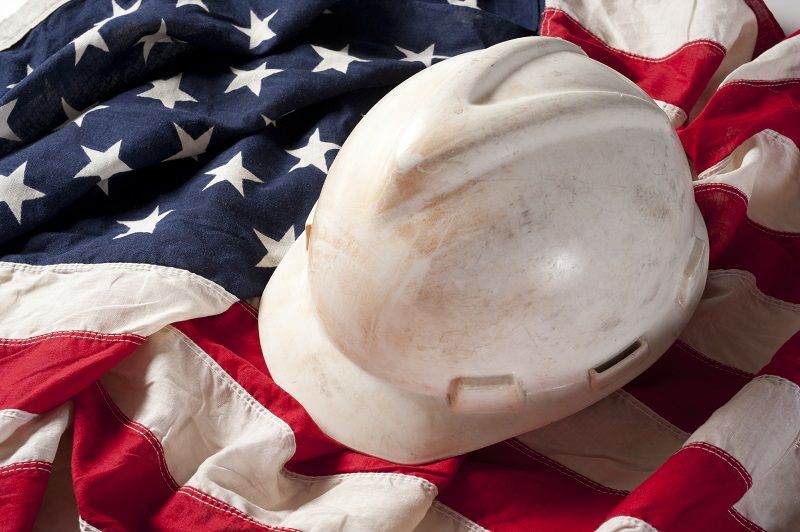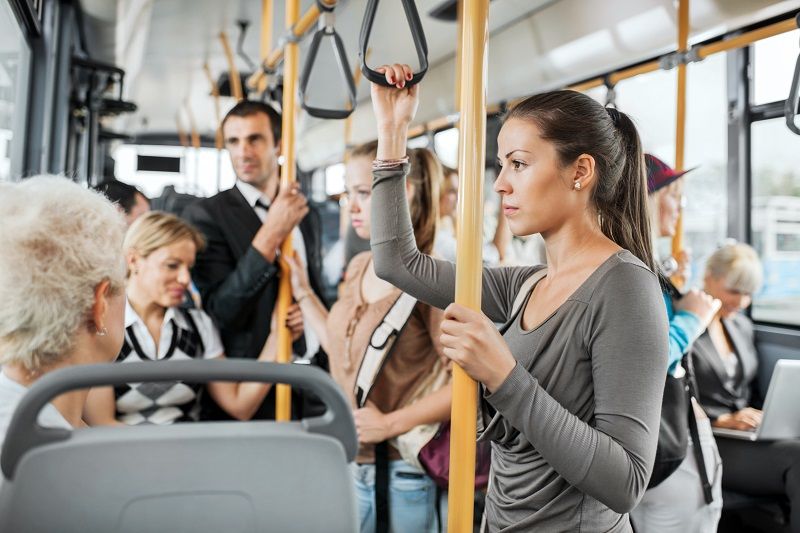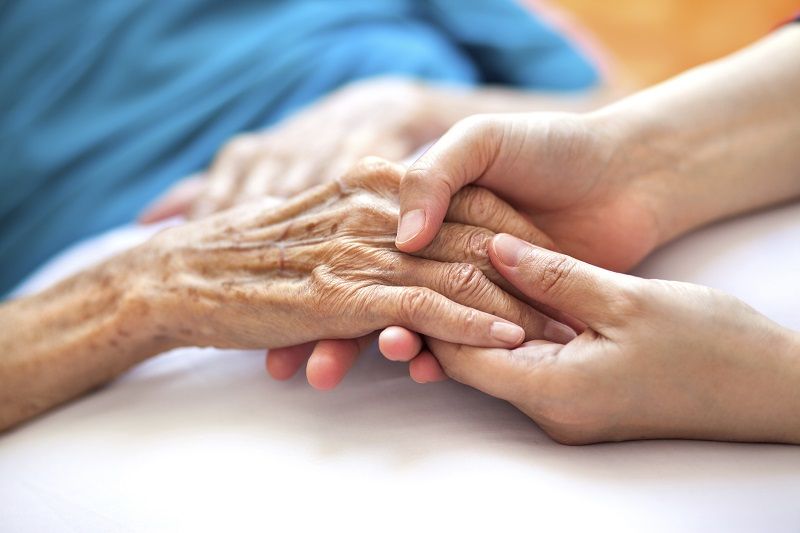One silver lining of the burst housing bubble has been the increase in the personal savings rate. For many years prior to the recession, analysts furrowed their brows, bemoaning the nation’s poor savings rate, questioning the prudence of Americans. Both personal and business savings increased quickly after the recession hit. When individuals are nervous about the future, they save more; when they feel secure, they spend and invest more.
A logical extension of such reasoning, economists have long found that government safety nets decrease the amount individuals feel they need to save. Precautionary savings is that pool of money or other assets that individuals and businesses accumulate as a buffer against future stresses on income: unemployment, health problems or other unforeseen troubles. Unsurprisingly, unemployment insurance, among other safety nets, causes individuals to accumulate less precautionary savings.
Economists Eric Engen and Jonathan Gruber studied this effect and found that “[unemployment insurance] crowds out up to one-half of private savings for the typical unemployment spell,” decreasing overall asset accumulation.[i] Some may argue that this is not a problem since these workers may need less precautionary savings because of the government safety net. But such a simplistic justification neglects deeper implications.
Assets not only provide financial security, they actually change the way people behave. Asset owners tend to lead more stable lives, think in longer time frames and have more hope for the future.[ii] They are also more likely to be involved in community affairs and to plan for their children’s futures. For example, over a decade of research into the effects of assets indicates that the children of asset owners are more likely to succeed in school and to escape poverty. The effect of asset ownership on education and test scores is more significant than that of income.[iii]
Interestingly, research indicates that this relationship is likely causal, meaning that owning assets likely causes individuals to have greater expectations and those expectations cause them to accumulate more assets.[iv] Extending that logic, government programs like unemployment insurance (UI), which typically cause individuals to save less, probably damage inclinations toward long-term thinking, and consequently individuals’ stability, hope and children’s success. Along that vein, it also damages many individuals’ self-respect and confidence.
Personal savings has larger economic benefits, too. Though during recessions we hear frequently that individuals and businesses are “saving too much,” high savings rates are good in the long term. When people save more money, that creates a “greater supply of loanable funds” which tends to “stimulate capital investments.”[v] Under the current UI system, funds from unemployment taxes are “‘invested’ by the Treasury into the U.S. government debt obligations, which does little – to put it mildly – to help the economy grow.”[vi]
Those who like the perks of unemployment insurance are frequently afraid to experiment with something that they think works fine. Fortunately, Chile has already experimented with an alternative: Unemployment Insurance Savings Accounts. Chile’s system maintains the benefits of traditional UI, while harnessing the power of individual saving.
Chile’s workers and employers must pay a portion of wages into Unemployment Insurance Savings Accounts. Each worker has a full property interest in his account and will receive the remaining balance upon retirement. When a worker becomes unemployed for any reason (even if it is voluntary), he may draw 30-50% of the previous wage for up to 5 months. If a worker is laid off, small account balances are supplemented with a social unemployment insurance, funded with a small portion of the payroll tax.
These accounts offer an improved social safety net that preserves the benefits of personal savings. Workers can see their retirement and rainy day savings grow and with it, their expectations. Such expectations lead to long term planning and better lives.
These unemployment savings accounts also offer other benefits. While our unemployment compensation causes a well-documented lengthy increase in the time it takes the average worker to find a job and in the overall unemployment rate, the personal accounts system motivates workers to return to work faster so that they can have more money upon retirement.[vii] Chile’s system also broadens the pool of eligible recipients, since workers own their personal accounts. That means workers who can’t accept full-time employment (like a working mother or student), and workers who must quit their job for personal or professional reasons and are not covered under our system, would have some limited coverage under Chile’s system.
One recent state-specific study (commissioned by Cascade Policy Institute) by economists Stephane Pallage and Christian Zimmerman (now Assistant Vice President at the Federal Reserve Bank of St. Louis) showed that switching to a system similar to Chile’s unemployment accounts system would benefit 97% of Oregonians.[viii] Even those who are most likely to be unemployed or most likely to have empty asset accounts would benefit from the switch, according to the economic model.
Government safety nets give citizens a false sense of security and encourage short-term thinking. Incorporating private accounts into unemployment insurance not only would improve the system for most workers and decrease unemployment, but could transform the way many Americans think about their future.
[i] Eric M. Engen and Jonathan Gruber, “Unemployment Insurance and Precautionary Saving,” National Bureau of Economic Research Working Paper no. 5252 (Sept. 1995).
[ii] Michael Sherraden, Assets and the Poor (1991).
[iii] Zhan & Sherraden, “Assets, expectations, and children’s educational achievement in single-parent households,” 77 Social Service Review 191-211 (2003).
[iv] William Elliott III, Mesmin Destin and Terri Friedline, “Taking Stock of Ten Years of Research on the Relationship between Assets and Children’s Educational Outcomes: Implications for Theory, Policy and Intervention” (2011), available at http://cfed.org/assets/pdfs/CSD_Taking_Stock_of_Ten_Years_of_Research.pdf.
[v] David Honigman and George C. Leef, “It’s Time to Privatize Unemployment Insurance,” 45 The Freeman: Ideas on Liberty, (Sept. 1995).
[vi] Ibid.
[vii] Gonzalo Reyes Hartley, Jan C. van Ours and Milan Vodopivec, Incentive Effects of Unemployment Insurance Savings Accounts: Evidence From Chile, The Institute for the Study of Labor, Discussion Paper No. 4681 (Jan. 2010).
[viii] Stéphane Pallage, Ph.D and Christian Zimmermann, Unemployment Accounts: A Better Way of Protecting the Unemployed (Aug. 2010), available at https://cascadepolicy.org/wp-content/uploads/2010/08/UI_Reform_ Report.pdf.
